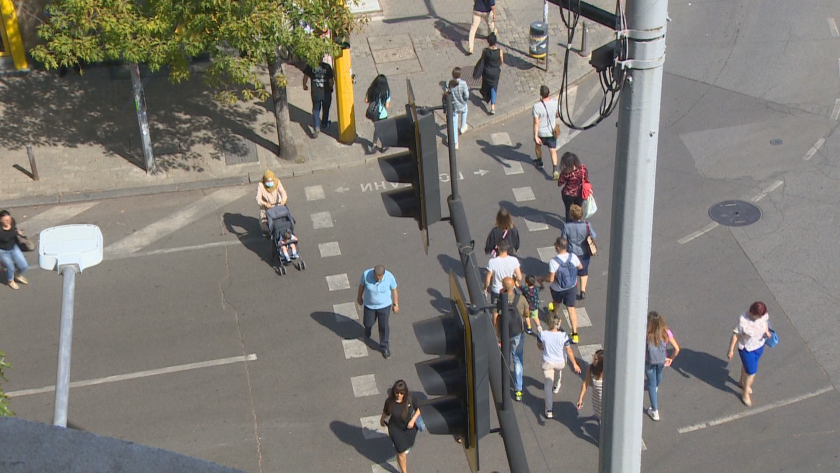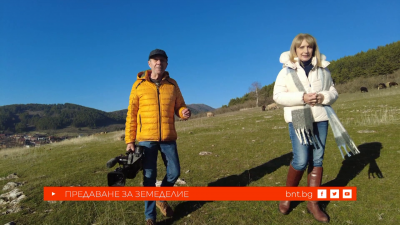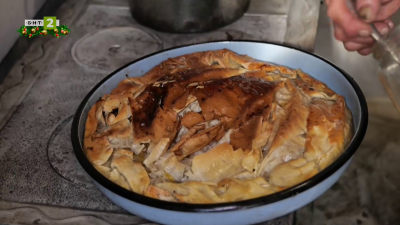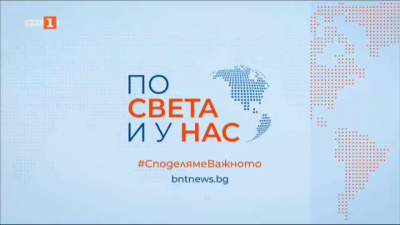Nearly 2/3 of working Bulgarians cannot cover their basic expenses

Almost 2/3 of the working population in Bulgaria do not have the salary they need to cover their basic expenses, estimates of CITUB trade union for the past year shows.
How much has the cost of living in Bulgaria risen in one year?
The easiest way to answer this question is to look at how much money we need to earn to cover our basic expenses. We are talking about cost of living, not including money for entertainment. The living wage for a working person is already almost 160 BGN more.
The salary sufficient for the cost of living in Bulgaria was 1,479 in November 2021, while in May 202 it was 1,633 BGN.
And because prices have obviously gone up, however, this has not happened with wages - they have not risen sharply, so we can see that if last year 1 530 000 people were unable to reach the basic income we are talking about, then one year later there are 222,000 people more that have insufficient money to live on. In 2022, the number of people with insufficient money for cost of living is 1,752,000.
We have been talking about inflation for a long time now, but we know that it is not a purely Bulgarian problem, so it is interesting to compare the rise in prices in this country and in other EU countries where there is also inflation. And we see that the differences are significant.
Natural gas price in Europe went up by 52,6%. In Bulgaria, it went up by 128,5%. In Europe the price of petrol went up by 35,7%. In Bulgaria, the price went up by 57%.
What is happening with food prices? Again serious differences.
In Europe, the prices of food rose by 11,9%. In Bulgaria, they rose by 24,5%. In Europe, the price of bread went up by 15,9%. In Bulgaria, it went by 46,5%.
The explanation for these disparity erences is that inflation in Bulgaria goes with speculation. And the state is not yet doing anything to fight this speculation. Apart from anti-crisis measures on fuel and bread.
"Everything has gone up by about 30% - the gas we use for heating and everything in general has gone up by about 30%." This is how Ivelina Angelova feels about the rise in the cost of living in Rousse.
Estimates show something more worrying. Across Bulgaria, there are over a million and a half people who will not be able to have a warm home during the winter. Of these, the state provides help to only 300,000. And it does not count the rest as energy poor.
"One thousand five hundred BGN is the minimum I think a person should get. That's the minimum, I say – taking into bills and everything," she says.
This does not include entertainment. A life of just basic necessities. But even an income that covers only basic costs proves unattainable for nearly two-thirds of working Bulgarians. Because the increase in prices in the past year does not go with a wage rise. And inflation is usually pointed to as the main culprit.
"The inflation that is claimed to be from outside is only 2/3 from external sources. 1/3 is from internal and it is not very clear whether it is objective," said Plamen Dimitrov, president of the CITUB trade union.
The main problem of inflation in Bulgaria is that it goes with speculation.
"This is the case for, say, petrol and diesel - it is not clear why the price rises of these products in our country are higher than the European average. The Bulgarian element of price rise needs to be contained and this requires regulators to act," Dimitrov said.
And the actions of the government with the 0,25 BGN discount on fuel and zero VAT on bread - CITUB calls both superficial and meaningless.
"The price of bread will very quickly go back to its old levels when wheat from the new harvest starts to be used, and in fact this 0,25 BGN has long not been in the inflation account due to the inflationary hit," the CITUB president said.
Inflation, however, should be seen not as an enemy but as an opportunity.
"Inflation is the finance minister's best friend, no matter who the finance minister is, because all other things being equal it puts extra money into the budget without the minster lifting a finger," says Plamen Dimitrov.
According to the data of CITUB, inflation would add 500 million to the budget schedule, which would help the minimum wage to become 800 BGN. This is what CITUB identifies as one of the most urgent tasks for the incoming caretaker government.
Get the latest news wherever you are!
Follow us on
Facebook
and
Instagram
Follow BNT’s YouTube channel
You can now also watch us on
TikTok
Find us on
Google News























